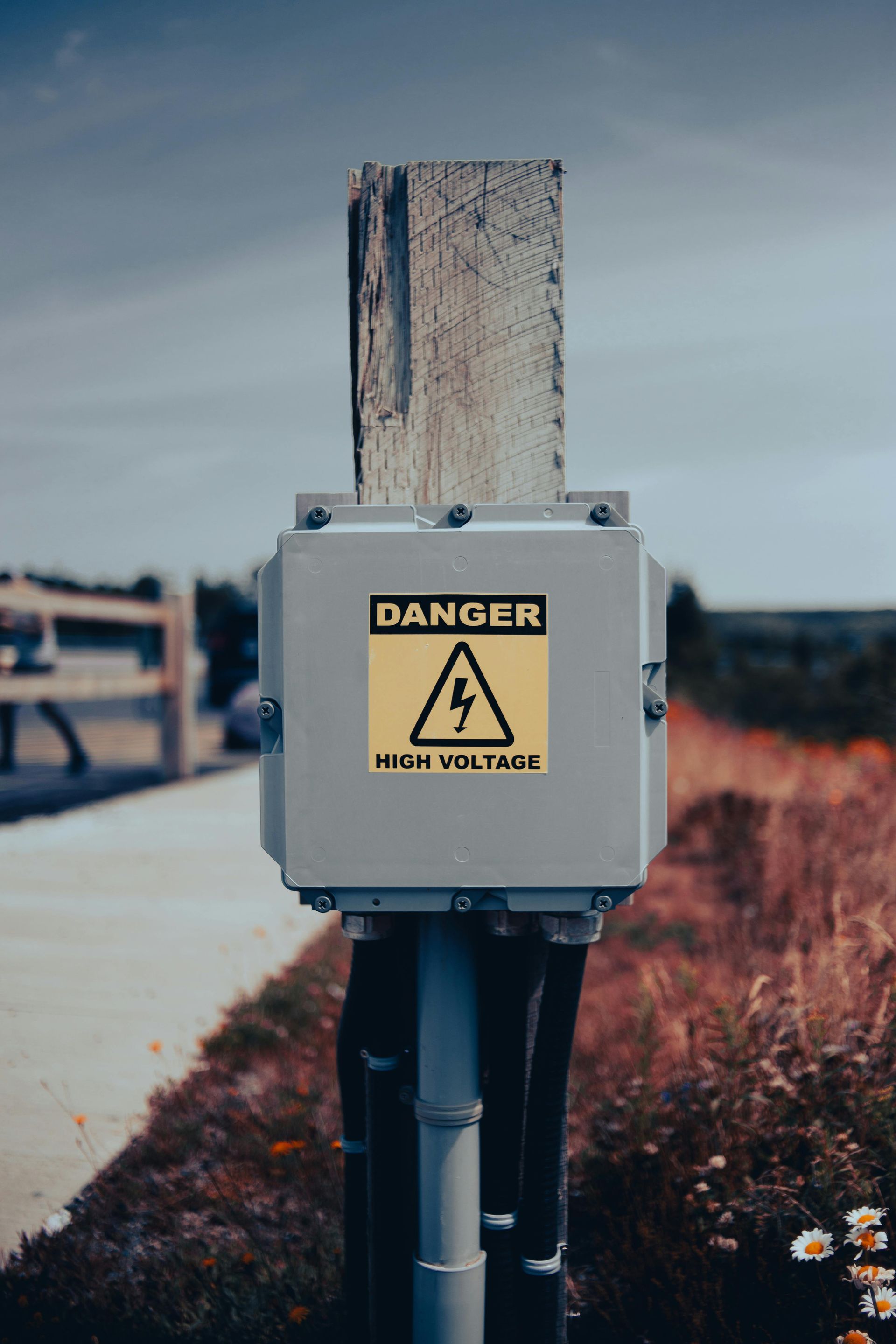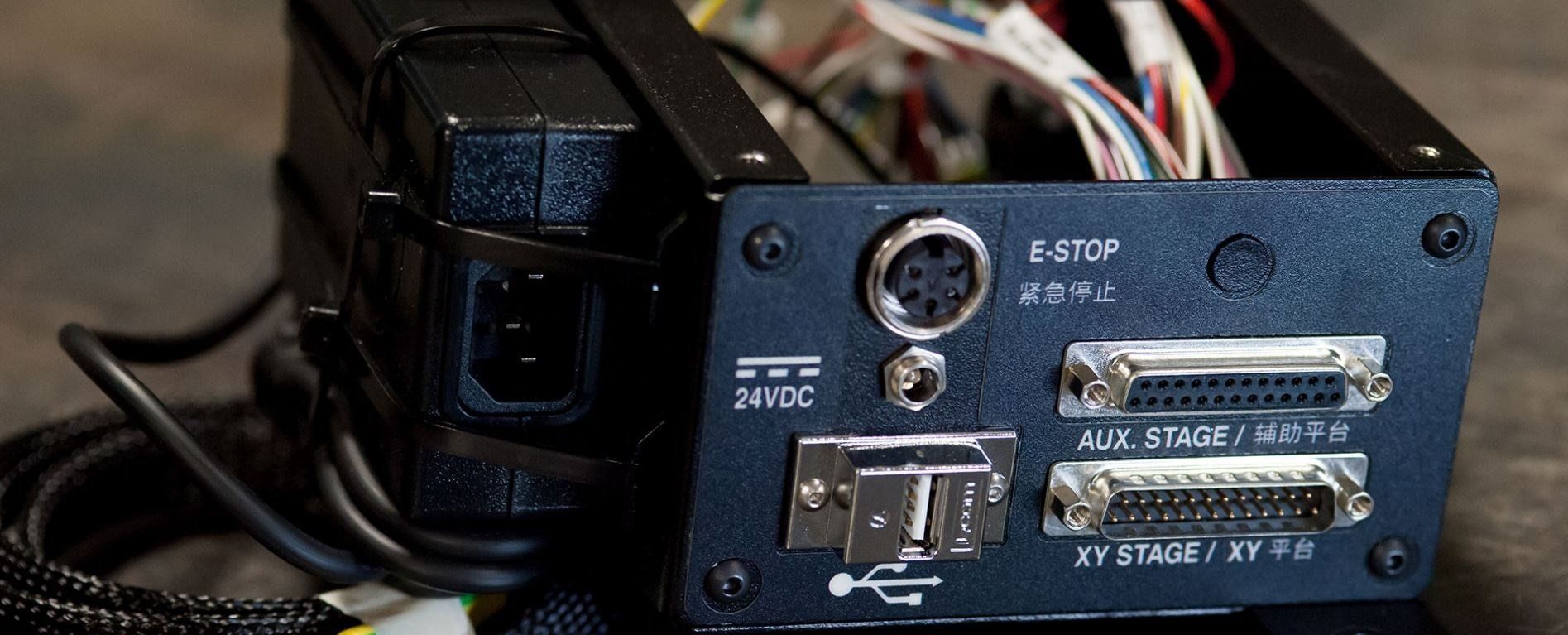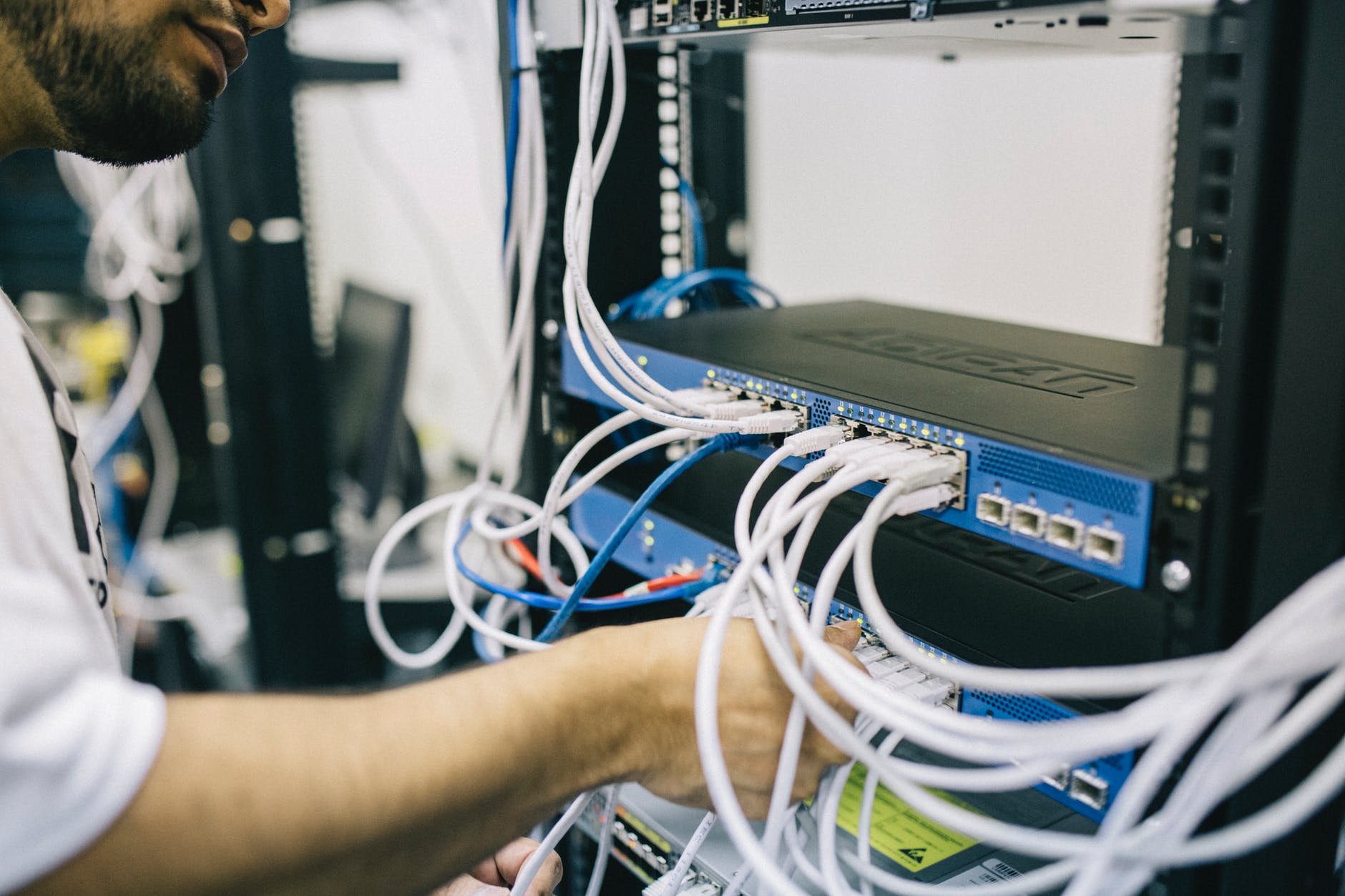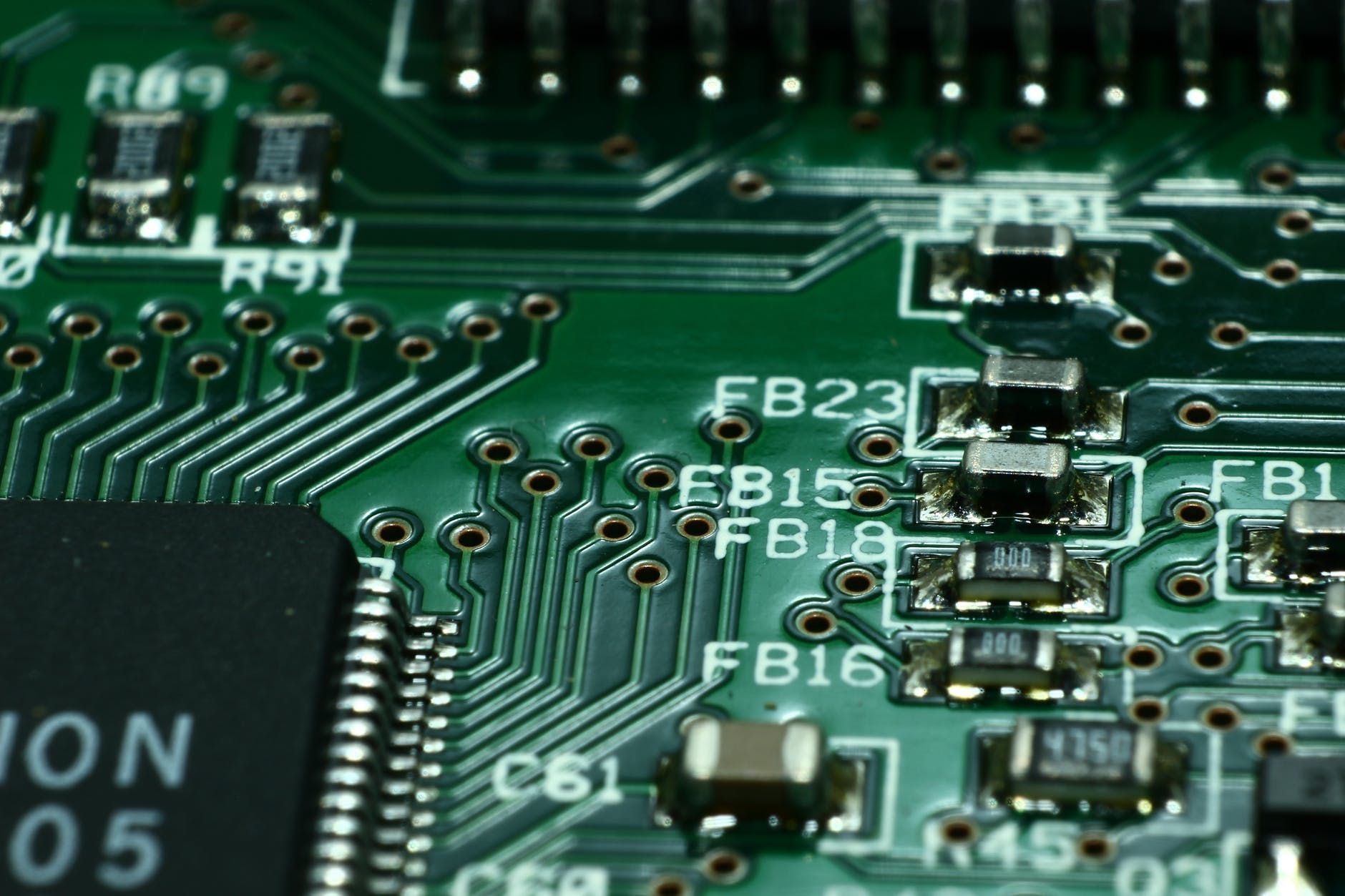The Future of IoT: Trends and Predictions for the Next 5 Years
The Internet of Things (IoT) has revolutionized the way we live and work, connecting billions of devices and transforming industries. As we look to the future, it's clear that IoT will continue to play a major role in shaping our world. In this blog, we'll explore the top trends and predictions for the IoT industry over the next five years.
Trend 1: Increased Adoption of Edge Computing
Edge computing is a distributed computing paradigm that brings data processing closer to the source of the data, reducing latency and improving real-time decision-making. As IoT devices become more widespread, edge computing will become increasingly important for processing the vast amounts of data generated by these devices.
Trend 2: Growing Importance of Artificial Intelligence (AI) and Machine Learning (ML)
AI and ML will play a crucial role in the future of IoT, enabling devices to learn from their environment and make decisions autonomously. This will lead to increased efficiency, productivity, and innovation across various industries.
Trend 3: Expansion of IoT into New Industries
IoT is no longer limited to traditional industries like manufacturing and logistics. Over the next five years, we can expect to see IoT adoption in new industries such as:
- Healthcare: IoT will enable remote patient monitoring, personalized medicine, and improved healthcare outcomes.
- Agriculture: IoT will optimize crop yields, reduce waste, and improve supply chain efficiency.
- Smart Cities: IoT will enable cities to become more efficient, sustainable, and livable.
Trend 4: Increased Focus on Security and Privacy
As IoT devices become more ubiquitous, security and privacy concerns will become increasingly important. We can expect to see a greater emphasis on secure-by-design principles, encryption, and secure data storage.
Trend 5: Advancements in Wireless Communication Technologies
Wireless communication technologies like 5G, Wi-Fi 6, and Bluetooth 5 will continue to evolve, enabling faster data transfer rates, lower latency, and greater connectivity.
Prediction 1: IoT Devices Will Exceed 50 Billion by 2025
The number of IoT devices is expected to grow exponentially over the next five years, driven by increasing demand for smart home devices, wearables, and industrial IoT solutions.
Prediction 2: IoT Will Drive Business Model Innovation
IoT will enable new business models, such as product-as-a-service, data-driven services, and subscription-based models. Companies that adopt IoT will need to rethink their business strategies to remain competitive.
Prediction 3: IoT Will Improve Sustainability and Reduce Carbon Footprint
IoT will play a critical role in reducing carbon emissions and improving sustainability. By optimizing energy consumption, reducing waste, and improving supply chain efficiency, IoT will help companies meet their sustainability goals.
Conclusion
The future of IoT is exciting and rapidly evolving. Over the next five years, we can expect to see increased adoption of edge computing, AI, and ML, as well as expansion into new industries. As IoT continues to transform industries and improve our lives, it's essential to stay informed about the latest trends and predictions. By doing so, we can unlock the full potential of IoT and create a more connected, efficient, and sustainable world.









